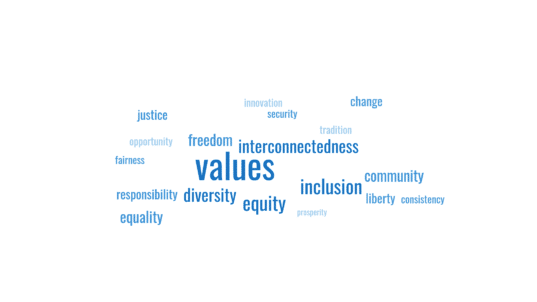What consequences might flow from a given policy possibility? It’s impossible to say for sure, but exploring this question is an important part of the IF discussion process. It helps the participants in an IF project to envision the policy ideas they’ve generated in more real-world terms. If panelists engage their imaginations in this way, they might begin to see what the world could actually be like if our society adopted a particular policy approach. When doing this, however, it’s important for panelists to recognize that things may not go as planned. Human reality is complicated. In light of this, it’s good for a facilitator to have a story or two to share about the unexpected ways that consequences might evolve.
I found a recent example of this in Atul Gawande’s account of different programs designed to slow the accelerating costs of healthcare. Gawande’s New Yorker article, “The Hot Spotters: Can we lower medical costs by giving the neediest patients better care?,” recounts efforts to address the so-called “hot spots” of small numbers of very needy patients who generate a lion’s share of costs. In one case he describes, the health plan designers decided to increase co-pays for individuals as the way to reduce costs—reasoning that patients might slow their use of healthcare services if they had to bear a greater portion of the costs. This is a fairly common line of reasoning nowadays. It appeals to the notion of greater individual accountability for one’s own healthcare expenditures. If you have to pay a greater share of the costs, then you’ll think twice about whether you really need to go to the doctor. Makes sense, right? Yet in the case described by Gawande, costs continued to rise just as fast as before. It turns out that by shifting a greater cost burden to some of the most at-risk patients, especially retirees living on a fixed income, this led those patients to cut back on their medications and other services. By failing to keep up with more routine care or regular medication, the patients’ health degenerated and they ended up needing far more costly care.
The purpose of sharing a story like this with an IF panel is not to criticize a given policy approach. It’s to encourage the panelists to think about the different human situations that a policy might feed into. It’s to help them imagine how the policy might unfold differently for different groups of people, a reminder that we need to think beyond ourselves and how we might act. It’s to help us remember that consequences often unfold in ways we don’t intend. Often we have set beliefs about social realities or human behavior and we imagine things might simply evolve as we’d plan or predict. Having some examples of unexpected consequences, especially examples drawn from outside the topical area of a given project, can help to enrich panelists’ exploration of consequences.
–Jeff Prudhomme



